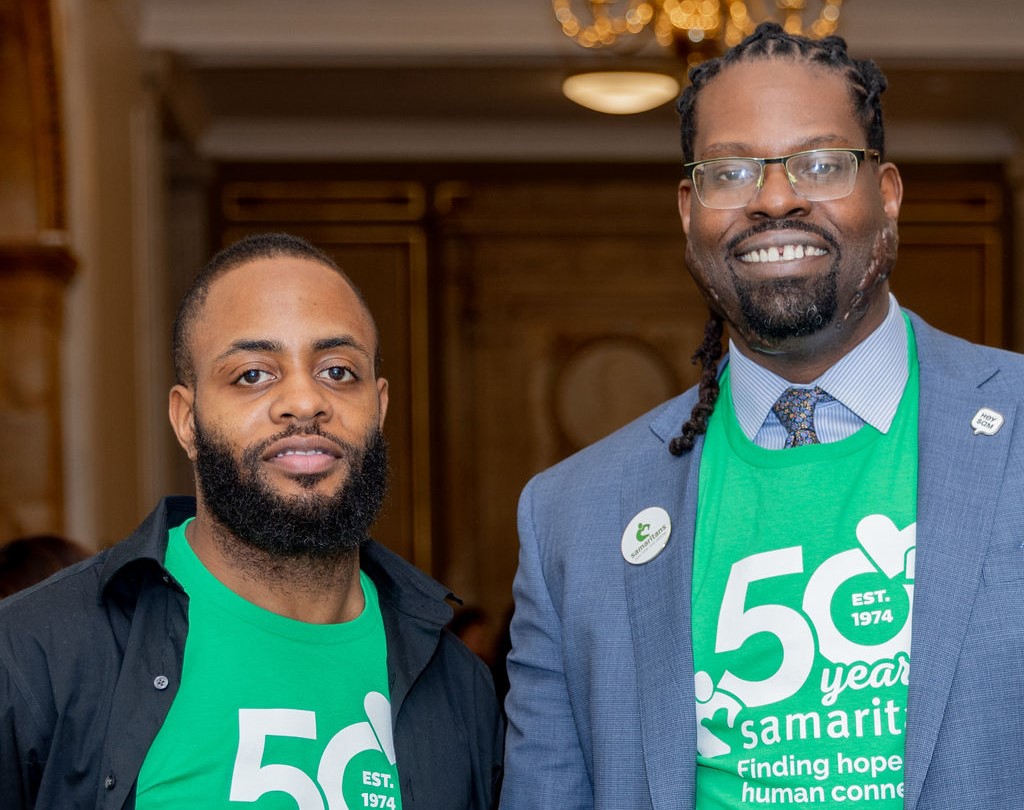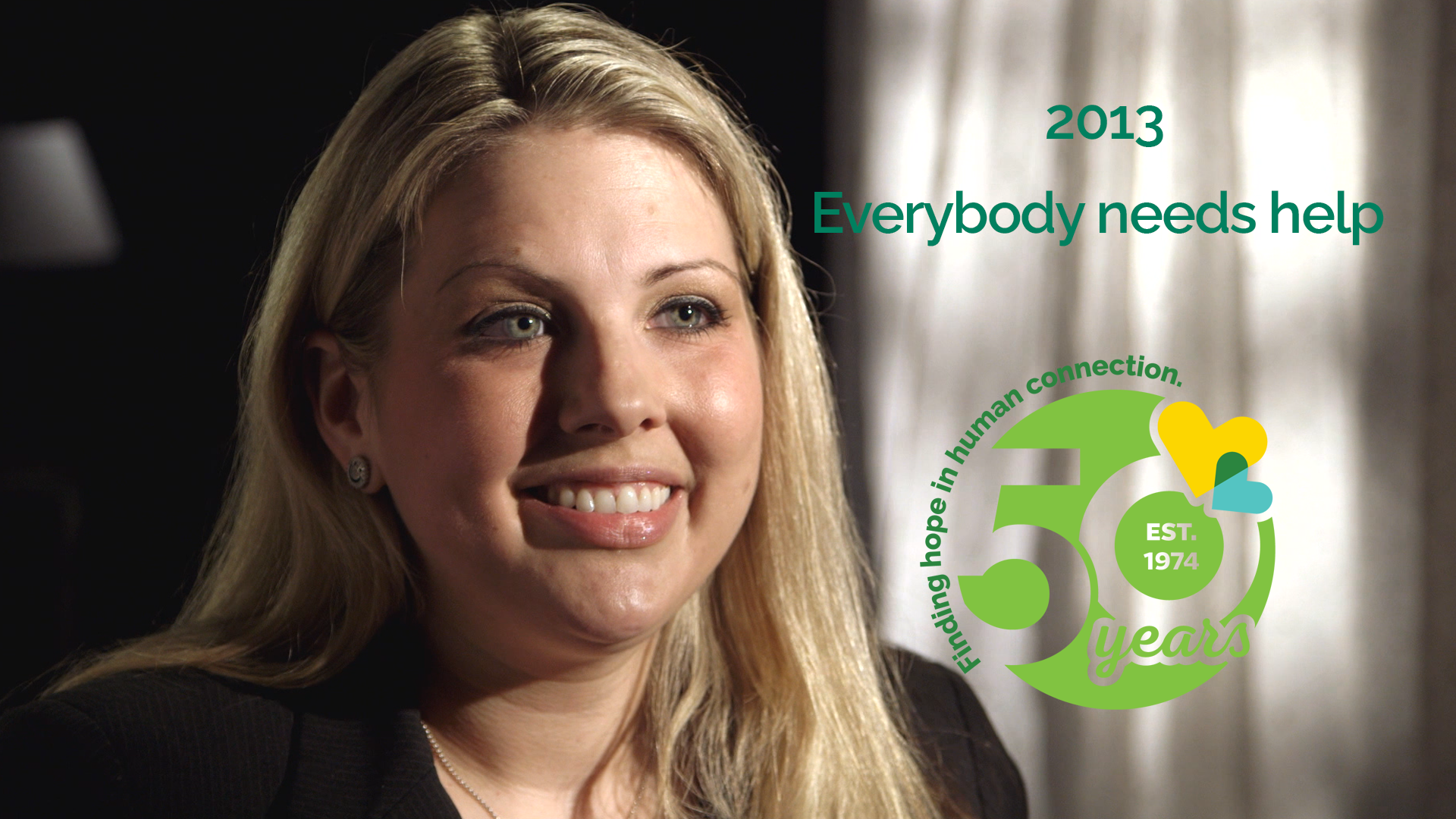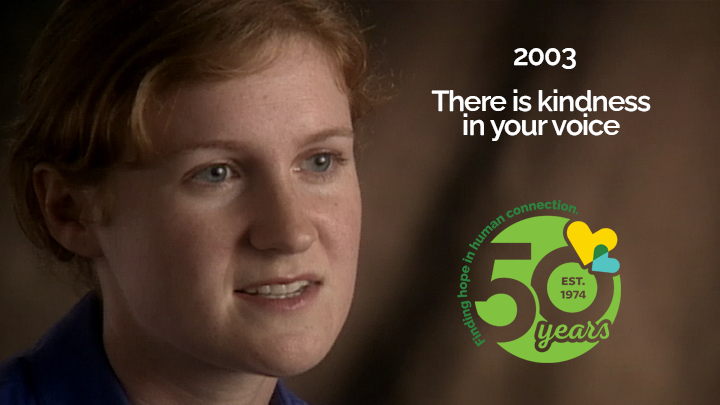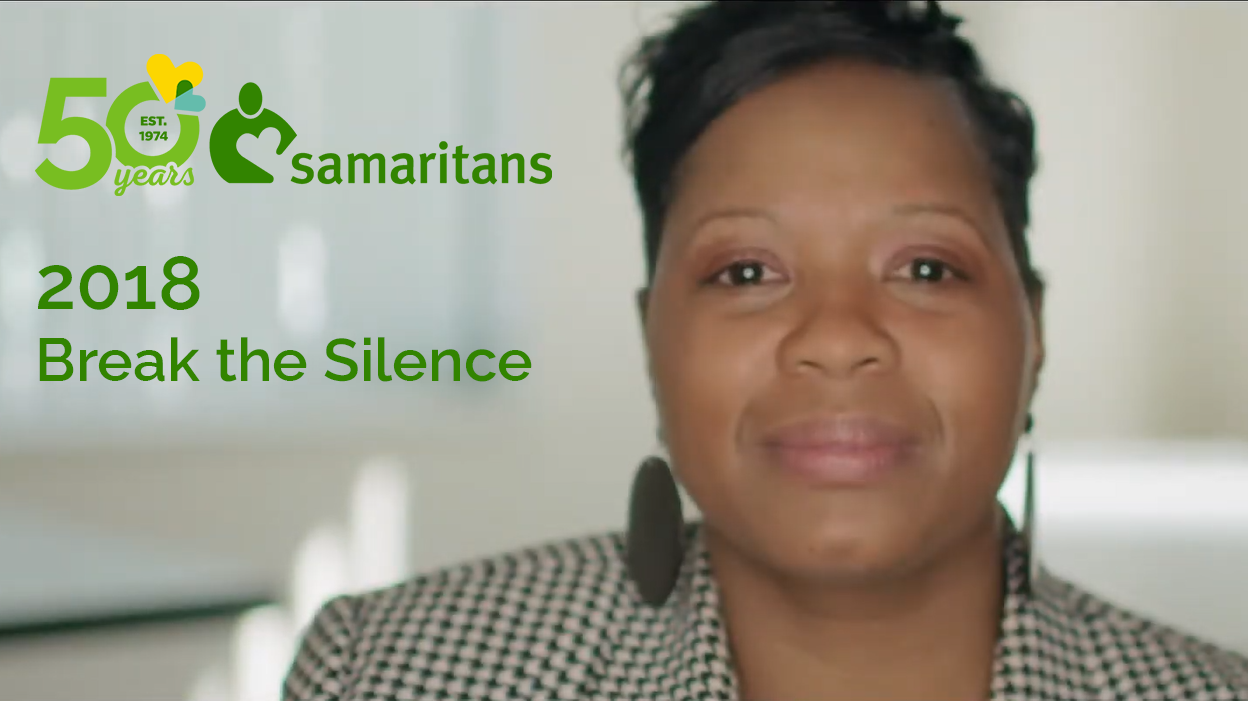Brian Potts is a trustee of the Margaret Stewart Lindsay Foundation, which has given over $1.3 million to support the work of Samaritans since 2003. Brian served as a Samaritans Board Member for many years and currently sits on Samaritans Council. He has been a strong advocate and supporter of Samaritans’ mission. We had the privilege to sit down with Brian to learn more about how he came to know Samaritans and his journey with our organization.
It’s wonderful to meet you Brian. I’d love to start off by getting to know you first. If I can ask, what would you say is your superpower?
(Chuckling at the question) I guess I would say that I think I get along with a lot of different kinds of people.
When not working for the Foundation, what would we find you doing?
Oh playing music. I love to play music.
It begs the question, what instruments?
The guitar and mandolin
You have been with the Margaret Stewart Lindsay Foundation since its inception in 1998, and you were involved in Samaritans as a board member for many years. How did you get involved in both of these organizations?
I met Margaret in the 1980s and the reason I got involved in Samaritans was because of Margaret. A couple of things happene all at once. One was that I met Margaret and started to work with her. Second, I had a housemate at the time who was a volunteer for Samaritans. One of the things that I discovered early about Margaret was that she lost her father to suicide when she was a teenager. I’m not sure she ever really recovered from that loss. At the same time, my housemate was telling me about the amazing experiences she was having as a volunteer for Samaritans. And it turned out that Samaritans happened to be looking for someone to serve on the board, and I happened to have the qualities they were looking for at the time Those three things came together. …Sometimes it really feels like there is something bigger going on to make all of those events happen at the same time.
You knew Margaret even before her Foundation was created. What was she like?
She was an extraordinary person in so many ways. She was strikingly beautiful both physically but also her spirit. And her soul and sense of love and adventure was really quite wonderful. She was full of life on the one hand, but she carried this incredible burden that unfortunately most people involved with Samaritans can understand all too well. Margaret didn’t have any family, and she decided that the best place to contribute would be to continue to support worthy causes after she was gone. Samaritans was a natural beneficiary for her foundation.
What do you think Margaret would think about Samaritans if she were still alive?
One thing that we do at the Foundation is try to channel Margaret before every meeting. We try to be very mindful of Margaret’s legacy and that we want to make sure that Margaret receives recognition for who she was as a person and the impact that her grants make. I happen to know that Samaritans is the
largest recipient of Foundation funds. And I think it’s really appropriate because among many wonderful qualities that she had, Margaret was very empathetic. The fact that she suffered so much as a result of losing her father to suicide, I have absolutely no doubt in my mind that she would love knowing that one of her big, enduring legacies is to support a group like Samaritans that does so much to help prevent suicide, but to also be there for people who have endured losing someone to suicide.
How would you describe Samaritans if you could use only three words?
‘Compassionate’ first and foremost. I would say ‘empathetic’. I would say ‘necessary’.
Through our newsletter this month, we are trying to help people catch a glimpse inside Samaritans to see and understand what the organization is like. What is one thing that you want people to know about Samaritans that they may not already know?
I think I would want people to know that Samaritans is there when it’s most needed. But I think Margaret would say that she wants people to know about Samaritans before they need to know about Samaritans.
As a board member for so many years, you got to see the inner workings of the organization. What do you believe is the Samaritans’ greatest strength?
The quality of the people who donate their time and volunteer their services. The fact that the volunteers and staff give so much to Samaritans. I think many of them find out that they receive just a much as they give. The empathy that one learns in this organization is applicable to every aspect of life.
And what is one way in which you see Samaritans is having an impact?
Margaret, of all people I knew, really understood what compassionate listening was all about. In her life, I think the people who most helped her deal with the loss of her father were people who would compassionately listen to her. I think she would want to encourage the continuation of that principle at Samaritans because it is so valuable to help people when they are struggling.
What does it feel like to have been involved with and supporting Samaritans for so many years?
There’s a lot of comfort that we the trustees take in knowing that Samaritans is run by confident and great people. I remember in the first 5K, we were basically recruiting runners off the street, and we maybe raised $50 in that first race. Now look where it is now! There definitely has been so much growth. It’s wonderful to witness.









